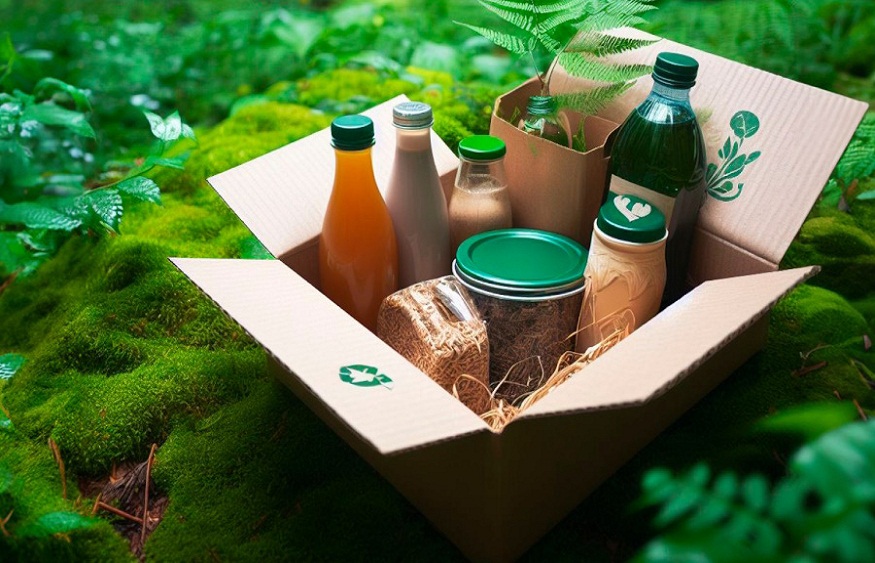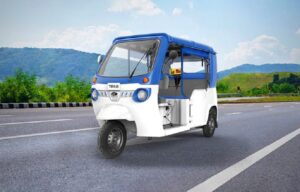What are the ways that flexible manufacturing influences packaging solutions in the future?

Fuelled by changes in customer demands, innovative technologies, and heightened concerns over the environmental impacts of packaging materials, the business of food packaging items has been through a lot of transformations in recent years. It is worth stating that advanced production methods as well as wholesale food packaging boxes are driving this evolution and are changing how packaging solutions are created in the future. However, apart from revolutionizing food supply and packaging these technologies are also addressing big challenges that confront the sector.
Packaging Boxes for Wholesale Food: Revolutionary
For bulk packaging requirements, these boxes offer a practical and affordable alternative because of their capacity to hold large amounts of food products. Many elements that make them a desirable choice for companies throughout the food supply chain are responsible for the emergence of wholesale food packaging boxes.
Their adaptability is one of the main benefits of purchasing wholesale food packaging boxes. Products ranging from processed foods to fresh produce can be fitted into these boxes with customization. Manufacturers can decrease the requirement for various packaging options by streamlining their packaging operations because of this flexibility. In keeping with the increased customer desire for eco-friendly packaging solutions, wholesale food packaging boxes are also frequently constructed from sustainable materials.
One further important advantage of bulk food packaging boxes is their longevity. The food goods in these boxes are guaranteed to stay fresh and undamaged throughout the supply chain since they are designed to resist the rigors of storage and transit. The food sector is particularly concerned about contamination, which is less likely due to its resilience and results in less food waste.
Redefining Packaging Production with Flexible Manufacturing:
The packaging industry has changed dramatically as a result of wholesale food packaging boxes, but the production process itself has advanced thanks to manufacturing flexible packaging processes. Production lines that can be swiftly modified to accept various package designs, sizes, and materials are referred to as being flexible. In a sector where customer tastes and market demands are always changing, this flexibility is essential.
When varying the sizes or shapes of packaging, traditional manufacturing methods frequently necessitate extensive setup procedures. Conversely, firms can react swiftly to shifting market demands or seasonal variations by reconfiguring production lines with flexible manufacturing systems.
More personalization in packaging options is also made possible by flexible manufacturing. Producers can provide their customers with more options for packaging when they can simply adjust manufacturing characteristics. Functional changes that can strengthen product protection, increase shelf life, or enhance user experience are possible thanks to this customization, which goes beyond aesthetics.
Flexibility in production also helps with waste reduction and resource efficiency. Along with saving money, this also helps the packaging industry meet environmental targets, which are becoming more and more significant.
Effects on Logistics and Distribution:
Supply chain management in the food business has been significantly impacted by the combination of flexible manufacturing techniques and wholesale food packaging boxes.
The use of storage space in warehouses and during transportation can be improved with the use of wholesale food packing boxes. They may be stacked and have uniform sizes, which facilitates loading process optimization and lowers carbon emissions and shipping costs. Also, because of their robustness, fewer extra protective packaging pieces are required, which simplifies the supply chain’s packing and unpacking procedures.
Just-in-time production tactics have been made possible, however, by flexible manufacturing. Through shorter lead times and more flexible production processes, businesses can keep inventory levels lower without sacrificing their capacity to satisfy customer demand. About perishable food items in particular, this lean approach to inventory management lowers carrying costs and lowers the danger of obsolescence.
Solving Sustainability Issues:
Growing pressure to adopt more sustainable methods is being applied to the packaging industry as environmental concerns are. The solutions to these sustainability issues depend heavily on flexible production and wholesale food packaging boxes.
Currently many food packaging boxes wholesale are made of recycled or biodegradable materials, thus are less dangerous to the environment. Since these boxes are strong to some extent the durations of these boxes can even be further stretched by the way they are used almost to the point of being reused before being scrapped. Relative to more traditional packaging practices, the proper design of their counterparts often results in the use of less material.
Due to its capacity to reduce waste during production, flexible manufacturing is beneficial to sustainability efforts. Reducing waste during changeovers and when adjusting to new packaging designs is made possible by the ability to swiftly modify production parameters. Flexible manufacturing technologies also minimize superfluous packaging and total resource usage by enabling more effective material utilization due to their precision.
Next innovations and trends:
It appears that packaging solutions will become more dynamic and inventive in the future as technology develops. It is anticipated that smart technology, such as Internet of Things (IoT) sensors that can follow products across the supply chain or monitor food freshness, will be progressively integrated into wholesale food packing boxes. Enhancing food safety while also offering useful information for supply chain optimization are the two benefits of these developments.
Further improvements in production efficiency and customization capabilities in the field of flexible manufacturing are anticipated from developments in artificial intelligence and machine learning. Packaging lines that are entirely automated and capable of instantly adjusting to shifting customer demands or production specifications could become more common.
Conclusion:
The forefront of a packaging revolution in the food business is being driven by flexible manufacturing techniques and wholesale food packaging boxes. These innovations are changing the way food products are packaged, delivered to consumers, and transported because they provide flexible, affordable, and sustainable options. Effective packaging designs and flexible manufacturing techniques working together will be essential as the industry develops to satisfy the demands of a market that is changing quickly and to address environmental concerns that are becoming more pressing. These developments will surely have an impact on the packaging solutions sector in the future, bringing with them promises of increased sustainability, responsiveness, and efficiency.







